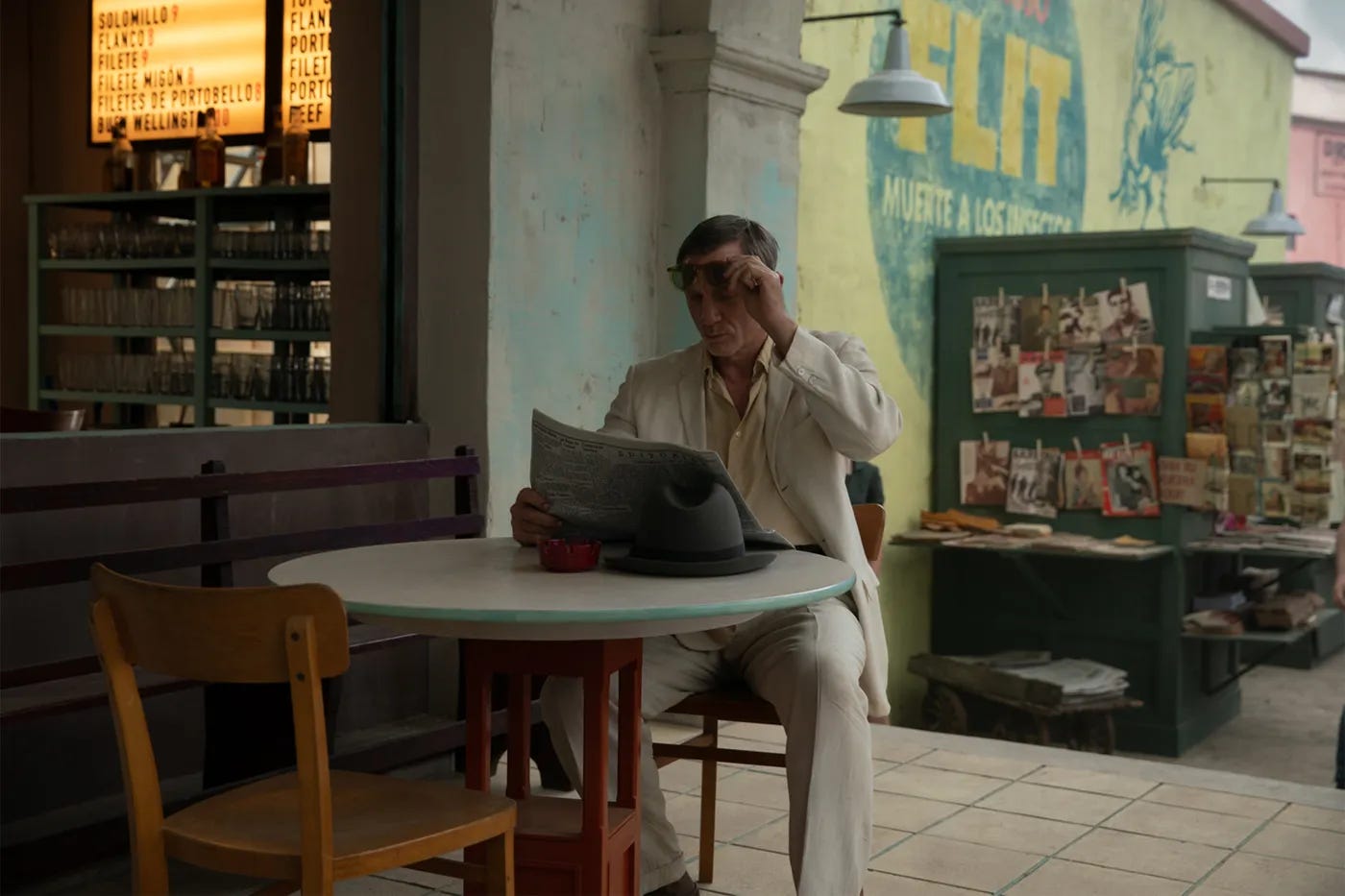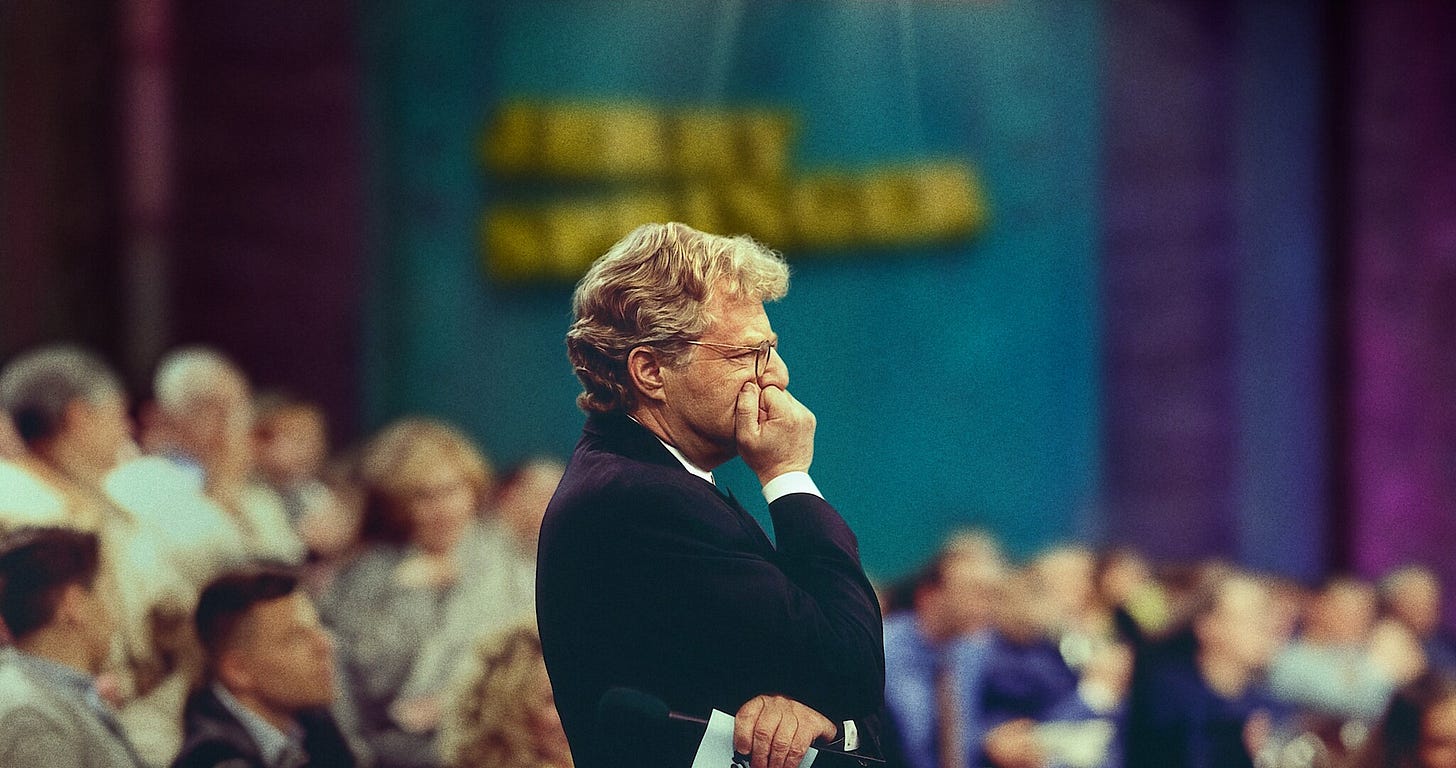Film
The Return (Uberto Pasolini)
The film focuses on Odysseus’ (Ralph Fiennes) return to Ithaca after his journeys abroad. Haunted by guilt and lingering PTSD, he struggles to reconcile his homecoming with the memories of his fallen troops, many of whom perished under his command during the siege of Troy. Facing the families of the men he led to their deaths—and confronting his own family—proves an equally daunting challenge. His wife, Penelope (Juliette Binoche), cleverly stalls her suitors by employing cunning strategies to avoid choosing a new husband, all while holding out hope for Odysseus’ return, despite having no certainty that he is still alive. His son Telemachus (Charlie Plummer) wants to prove his worth in a classic Oedipal struggle, but how can he win against the ghost of his father?
The film is deeply psychological, marked by intimate close-ups that heighten the tension as these personal conflicts unfold and intersect. Unlike most heroic narratives, which focus on grand achievements, this film delves into the quieter, often unexamined aftermath of such exploits, offering a poignant meditation on what comes after the triumphs.
Queer (Luca Guadagnino)
The first two-thirds of the film captivated me, largely due to Luca Guadagnino’s evocative portrayal of Mexico and South America and Daniel Craig’s nuanced performance as Lee, a middle-aged wanderer grappling with profound loneliness. Craig imbues Lee with a restless yearning that finds temporary solace in his connection with Eugene (Drew Starkey), a young soldier who becomes the object of his affection. Eugene is the balm Lee believes he needs, though Eugene remains emotionally unavailable to fully occupy that role. It seems as if Lee is the type who likes the chase more than the kill.
Guadagnino’s treatment of the body as a prison is especially striking in this film, from the spectral projections that externalize Lee’s desires to his fixation on telepathy and the drugs purported to facilitate it. This theme of striving to escape corporeal constraints has always been an undercurrent in Guadagnino’s work, but here it takes center stage, more explicitly and hauntingly. The time jump at the end of the film reframes the narrative, reinforcing the film’s meditation on transcending physical limitations. I have yet to come to a conclusion as to what that ending meant, but perhaps there is no definitive answer.
TV
Jerry Springer: Fights, Camera, Action (Netflix)
The Jerry Springer Show was both a product of its time and an unsettling glimpse into the future. It thrived on sensationalism, tapping into humanity’s basest instincts, and in doing so, it foreshadowed a cultural shift that now defines our digital age. Today, algorithms reach deep into our psyches, amplifying our darkest, most primal emotions, much like the show did for its live audiences and viewers. This system thrives on polarization and spectacle, creating an ecosystem designed not just to reflect chaos but to profit from it. This two-episode documentary is more than just a retrospective on the outrageousness of The Jerry Springer Show—it’s a mirror held up to the present.
Books
James (Percival Everett)
The much-celebrated American novel of last year; I only read the Huckleberry Finn Wikipedia entry before jumping into this, and that sufficed. Much of the salient themes of Huckleberry have seeped into popular consciousness anyway.
Everett delves deeply into the psychology of code-switching, illustrating how language can serve as both a tool of survival and a weapon against systemic oppression. He shows how education and eloquence become acts of rebellion, signaling to those in power that their reign is no longer secure. Equally compelling is his examination of the ways people adapt—or resign themselves—to subservience. Some resist fiercely, while others internalize it to the point of finding comfort in their subjugation. At its core, the story has a driving momentum and a profound sense of purpose. On a personal level, it follows Jim (or James) in his desperate quest to buy back his wife and daughter. But on a broader scale, it’s the tale of a man navigating his existence as a runaway slave, chasing freedom in every sense—physical, emotional, and existential.
Smoke and Ashes: Opium’s Hidden Histories (Amitav Ghosh)
Amitav Ghosh’s Smoke and Ashes: Opium’s Hidden Histories is a masterful exploration of the profound and far-reaching impact of the opium trade on global history, politics, and culture. With his signature blend of meticulous research and narrative clarity, Ghosh traces the commodity’s journey from its origins as a medicinal substance to its exploitation as a tool of imperial power.
Every Valley: The Desperate Lives and Troubled Times that Made Handel’s Messiah (Charles King)
This book is a deep dive into the historical and intellectual milieu that gave rise to one of the most enduring masterpieces in Western music. King masterfully weaves together a portrait of the political, social, and economic currents of the early 18th century to reveal how Handel’s Messiah emerged as a profound response to the complexities of its time — an era grappling with social inequality, human suffering, and spiritual uncertainty.
Music
Nightfall (Various Composers)
This album is simply beautiful. Contemporary vocal arrangements by composers such as Max Richter, Ludovico Einaudi and even Sigur Rós sang by VOCES8, a choir based in England. Their song selection is inspired, songs that have a slow-burning intensity, and their tone is very luminous and deeply moving. This accompanied me on a lot of reading this month.
DeBÍ TiRAR MáS FOToS (Bad Bunny)
I’ve always been a big fan of Bad Bunny, and this album may be his most political. He addresses some issues central to Puerto Rico, such as the impact of tourism on local communities, gentrification and cultural erosion. But what drew me in are the catchy beats as Bad Bunny incorporates traditional Puerto Rican genres and presents them in a unique and modern way.
Spiral Your Way Out (zzzahara)
I didn’t know of zzzahara until I heard this album recommended on NPR but I became an instant fan after hearing this album. Her dreamy sound reminds me of Japanese Breakfast, and her songs talk about toxic relationships and emotional turmoil. Plus, she is half-Mexican and half-Filipino and that’s always interesting.





